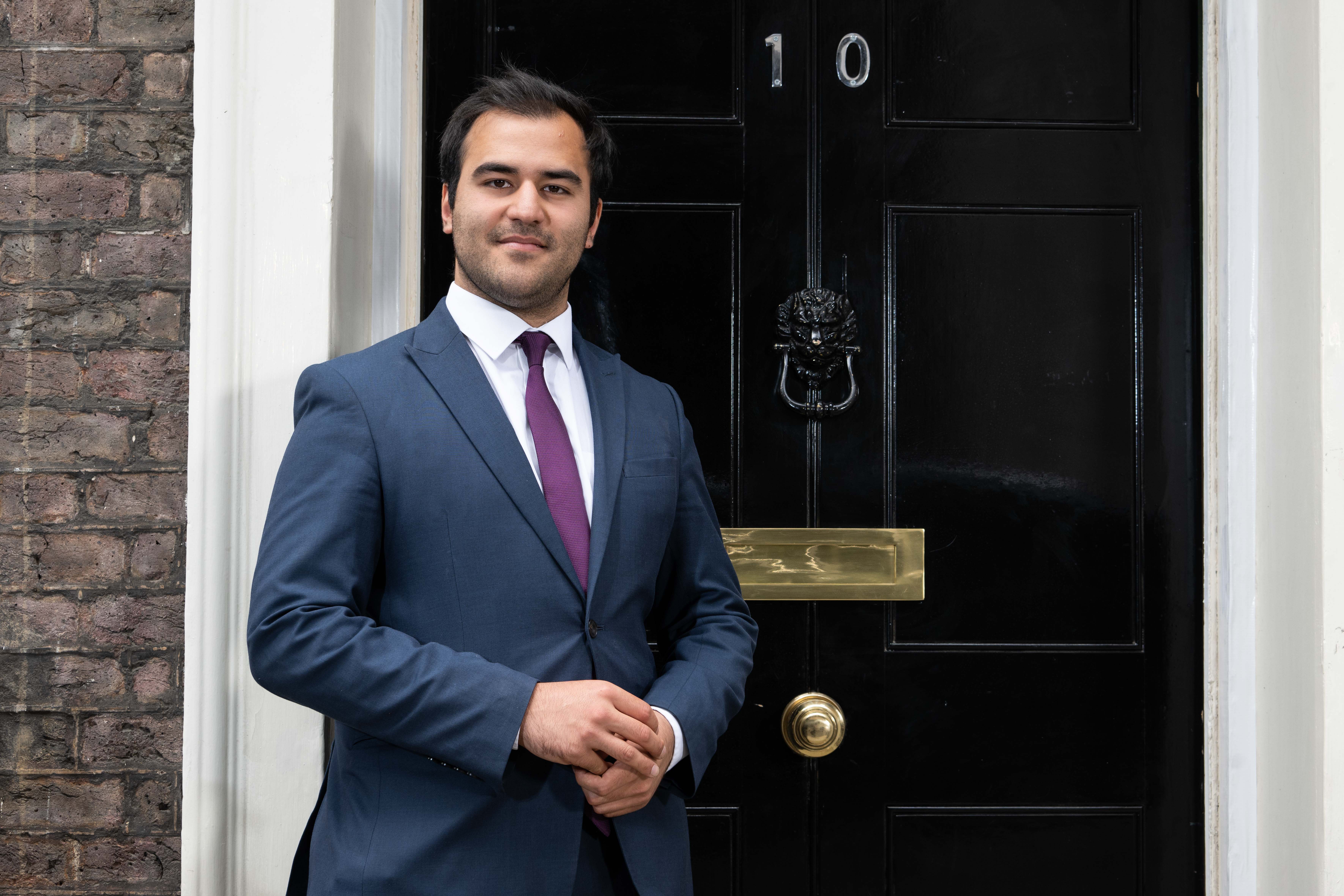Make Me Prime Minister, review: Choosing a PM on reality TV isn’t such a bad idea, given the state of British politics
The brand new reality show involves 12 ambitious candidates trying to prove they have what it takes to be crowned Channel 4’s alternative prime minister

Your support helps us to tell the story
From reproductive rights to climate change to Big Tech, The Independent is on the ground when the story is developing. Whether it's investigating the financials of Elon Musk's pro-Trump PAC or producing our latest documentary, 'The A Word', which shines a light on the American women fighting for reproductive rights, we know how important it is to parse out the facts from the messaging.
At such a critical moment in US history, we need reporters on the ground. Your donation allows us to keep sending journalists to speak to both sides of the story.
The Independent is trusted by Americans across the entire political spectrum. And unlike many other quality news outlets, we choose not to lock Americans out of our reporting and analysis with paywalls. We believe quality journalism should be available to everyone, paid for by those who can afford it.
Your support makes all the difference.Given the state of British politics, I’m not sure that using a reality TV format to choose our next prime minister is such a terrible idea. Of course, Make Me Prime Minister (Channel 4) isn’t actually designed to do this – that’s the task of a tiny handful of unrepresentative Tory activists in Liz Truss’s case – but rather to entertain and to educate us a little.
I have to say, having been badly jaundiced by over-exposure to politics and politicians over some decades, I am pleasantly surprised at how well the show works. Somehow it actually manages to make the political process look like God’s work. A minor miracle.
Basically, it’s a bit of a rip-off of The Apprentice, with two teams of members of the public taking it in turns to be their “team leader”, ie PM, and to take on assignments and make fools of themselves.
The Lord Sugar role is split between Alastair Campbell, ex- Labour spin doctor and Baroness Warsi, the former Tory cabinet minister. They’re quite the pair of tough cookies, and don’t hold back, but mercifully they don’t try to emulate the abrasive, scornful grumpiness of the progenitor of the Amstrad.
This week’s task is to come up with a bright idea about education. This is then researched with a bunch of primary school pupils, launched to some cynical trouble-making journalists, presented with a speech to an audience of the voting public, and duly voted on.
There’s then a bit of volatility when Campbell and Warsi ask the losing team’s “PM” – Darius Nasimi – whether he’d like to resign, or else, nominate a member of his “cabinet” to be considered for expulsion from the series.
Unlike in real life, the PM’s decision is not final, and it’s Campbell and Warsi who choose who gets fired. Darius tries to dump on a couple of his ministers, but such is his unpopularity with the voters that they feel obliged to jettison him.
Interestingly, Darius is actually the one most likely to get the top job in real life. He’s already been a Tory candidate and in full possession of a moving back story – smuggled into Britain as a baby in the back of a van as his family escaped the Taliban. He’s a good public speaker, but he has terrible gimmicky ideas, can’t command the loyalty of his team, and suffers badly from excessive self-confidence. For some reason, he reminds me of David Cameron…
Even with Jackie “I have the power” Weaver on his team – the lockdown internet star of that rowdy viral parish council meeting – he can’t make his policy of one compulsory outdoor lesson per week seem consequential or useful. After returning from a humiliating 72 per cent to 28 per cent drubbing in the voting, he still thinks himself brilliant. His levels of self-delusion are dangerously high, even for a politician on the make. Still, one to watch.
By contrast, the victorious PM, Natalie Balmain, is much more sincere and authentic. Her proposal for putting vocational lessons in the curriculum at least has some connection to the real world. She’s a hesitant speaker and prone to tears, but her public pitch works, and she handles the press marginally better than Darius. Or, indeed, Kwasi Kwarteng after he crashed the pound.



Join our commenting forum
Join thought-provoking conversations, follow other Independent readers and see their replies
Comments